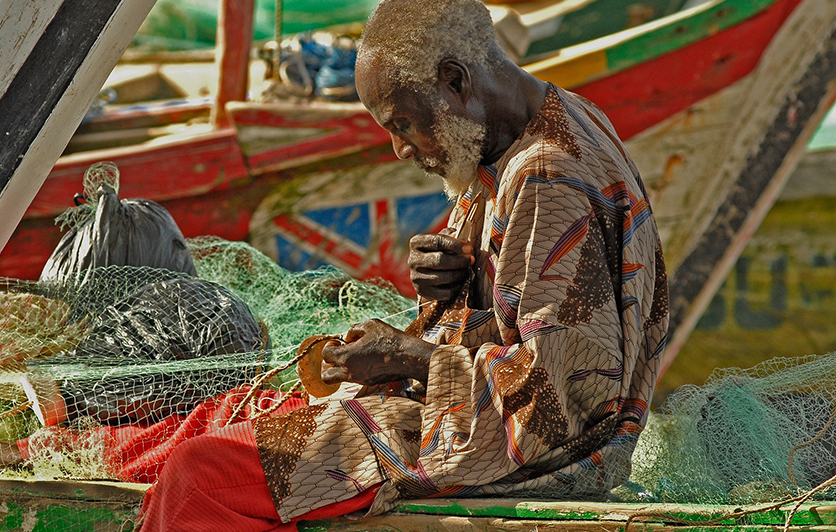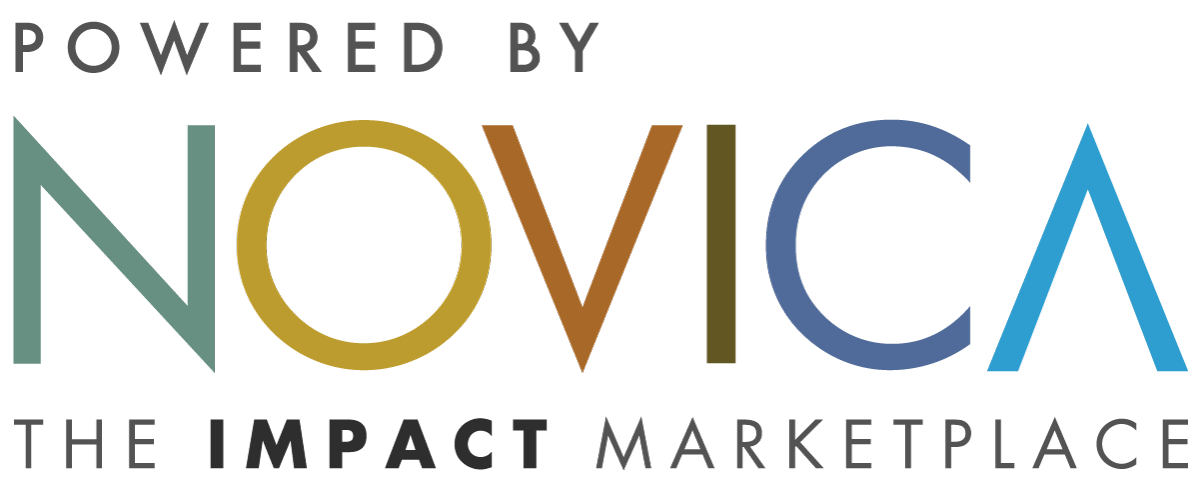-
Home
- Home Peduli Bali
- Peduli Bali

Peduli Bali
"I'm Olivier Pouillon, born and raised in Washington, D.C. My mother is Austrian and my father is French. He was a radio journalist and worked for the French Language Section of The Voice of America. My mother started the first organic restaurant in the area in the late 1970s, and it has become very successful and well known. I first arrived in Bali in 1991 to study Indonesian culture, language and urban issues.<br><br>"From 1994 to 1998, I worked for the Wisnu Foundation, Bali's first Indonesian-established environmental organization. In 1995, I conceived and then helped establish Jimbaran Lestari, the first private waste management company on the island. We pioneered recycling, composting and waste sustainability principles in building the first MRF (material recovery facility) on the island. It won several environmental accolades in the '90s and later, in 2009, was featured in the Goldman Environmental Prize.<br><br>"Then, in late 2009, after investigating pollution issues in the Ubud area, my Indonesian business partners and I founded Bali Recycling or Peduli Bali which is an acronym for Perusahan Daur Ulang Limbah Bali or Waste Recycling Company of Bali, a social-environmental enterprise focusing on recycling and managing waste in a responsible way. Peduli Bali also translates into English as 'Care for Bali,' although we are currently better known for our trade name of Bali Recycling.<br><br>"Bali is an easy place to visit or vacation but, when you live here a long time, you see the 'other side' of the island and also see the impact and influence of 'outsiders,' either from Jakarta or abroad. Bali is a small special place but it is forced to handle more than it can.<br><br>"People outside of Bali generally have the perception that Bali is an island paradise, without any modern-day problems. They could be surprised to hear about the island's trash issues. They could be even more surprised at how Bali Recycling handles the problem and turns it into a fresh solution.<br><br>"Working in the environmental field and, especially, with waste is very difficult in a country like Indonesia. You need to have a vision, lots of patience and persistence in order to make inroads and be successful. We have gone through many trials and tribulations with difficult and stressful challenges, almost wanting to quit several times. But we always seem to find imaginative solutions to our challenges and create new opportunities. These make me realize that most obstacles can often yield new unexpected opportunities that wouldn't have emerged without going through the difficulties. Our upcycled glass products sold here are a manifestation of one of those solutions.<br><br>"We run a waste management company, the only one on the island that provides services taken for granted in the West ? reliable and responsible waste collection, recycling, composting, hazardous waste services, as well as upcycled glass products. The upcycled glasses generate a significant part of our income. And although we also get revenue from selling recyclables and collection fees, without the upcycling, we couldn't operate.<br><br>"Our goal is to build a truly 'Zero Waste' system where waste is not waste but merely materials on the way to being used again and again and again. Zero Waste is a philosophy and a design principle for the 21st century. It includes recycling, but goes beyond recycling by taking a 'whole system' approach to the vast flow of resources and waste through human society. Zero Waste maximizes recycling, minimizes waste, reduces consumption and ensures that products are made to be reused, repaired or recycled back into nature or the marketplace. As the architect William McDonough and German chemist Michael Braungart simply stated in their 2002 book, <i>Cradle to Cradle,</i> 'Waste Equals Food.'<br><br>"Bali is a handicraft center and we are lucky to be here. I don't think there is any other trash company in the world that creates handicrafts as well as collects and processes waste.<br><br>"The material used to make our upcycled glass products come from discarded wine, beer, water, and other glass bottles originating from the tourism industry, most from our hotel and restaurant customers. Many assume that glass bottles are always recycled because 'it's glass ? isn't glass always recycled!?' Unfortunately, that is not the case, and many bottles end up in illegal dumps, rivers, or as broken shards along the roads and beaches, since it costs more to transport the glass for recycling than the value of the glass itself.<br><br>"The bottles are processed with the help of traditional handicraft skills that some Balinese artisans have inherited from their cultural traditions. It is a complicated and tricky process to take traditional handicraft skills and transfer them to making upcycled glass. Not everyone can do it. But we are lucky to have a group of locals from the surrounding villages who have the skills needed to do this work.<br><br>"This has not only helped transform Bali Recycling but has also transformed our workers' lives as well. Steady and good paying work for those with limited education is difficult to find, and we hope to grow our company to not only expand and improve the skills of our current staff but to add even more workers.<br><br>"You invited me to join you, and I hope you can help promote Bali Recycling's work, expand our capacity and services, increase our revenues, help us attract supporters, and network with others overseas."


